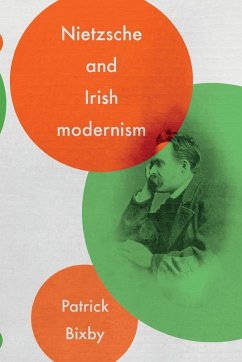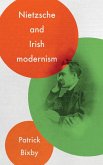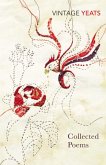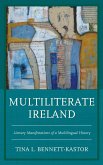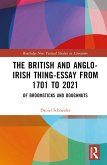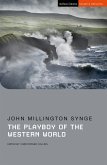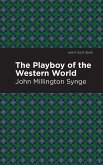Nietzsche and Irish Modernism deftly traces the circulation of the German philosopherâ s ideas in Irish culture during the early years of the twentieth century. In doing so, the book demonstrates how Nietzscheâ s thought inspired new, disruptive modes of writing, which spoke to local historical circumstances and the predicaments of modernity at large -- .
Hinweis: Dieser Artikel kann nur an eine deutsche Lieferadresse ausgeliefert werden.
Hinweis: Dieser Artikel kann nur an eine deutsche Lieferadresse ausgeliefert werden.

